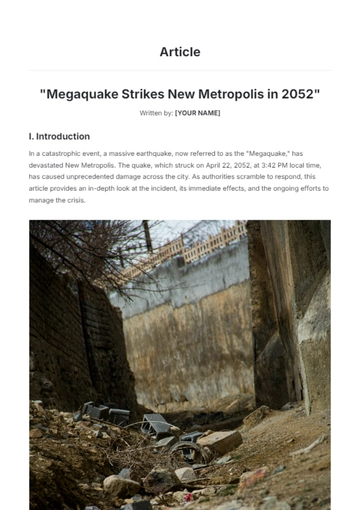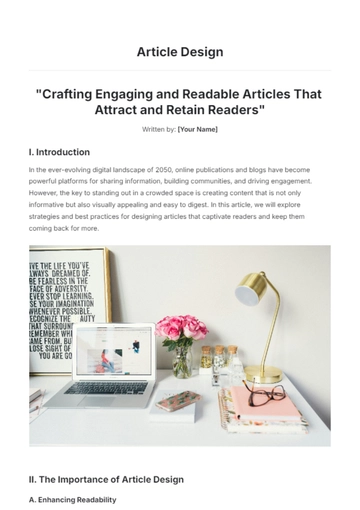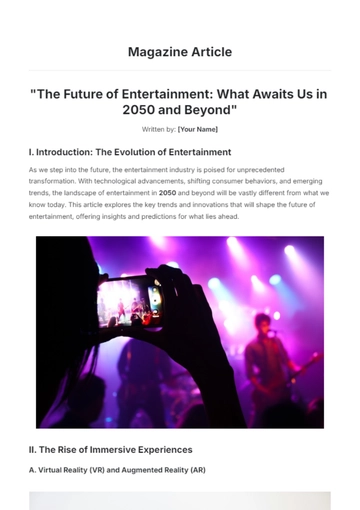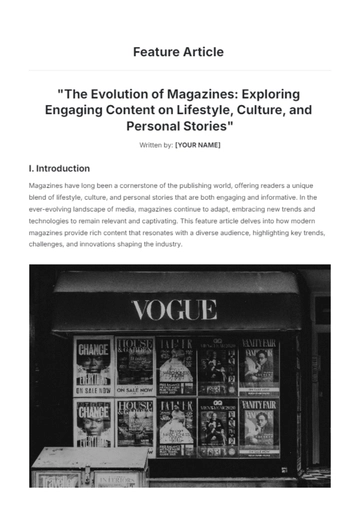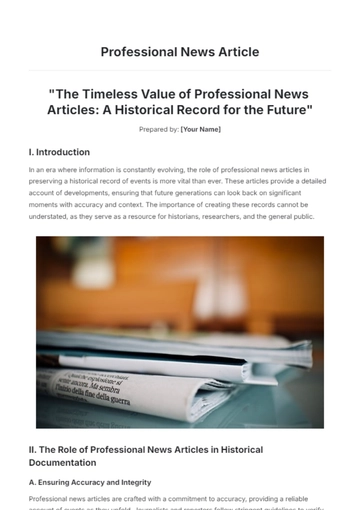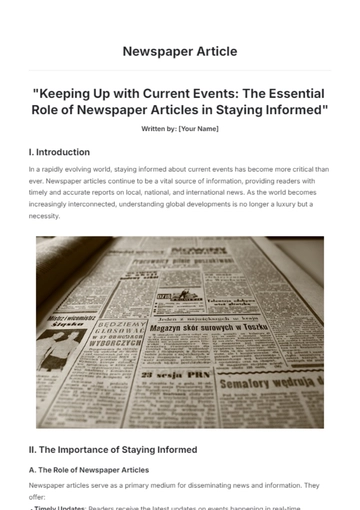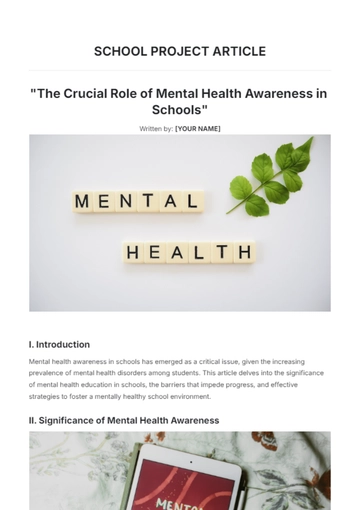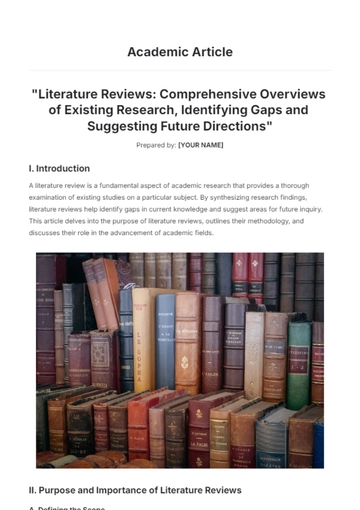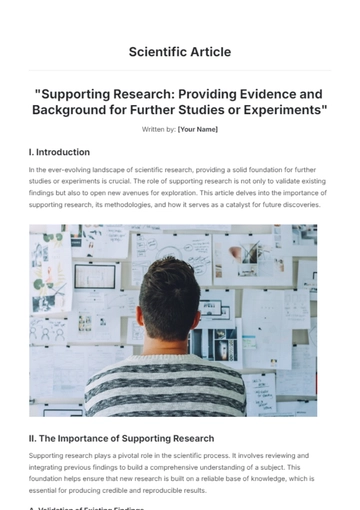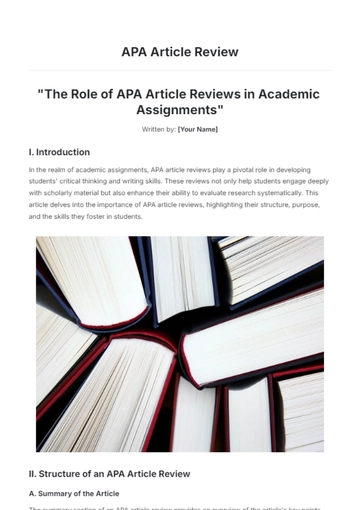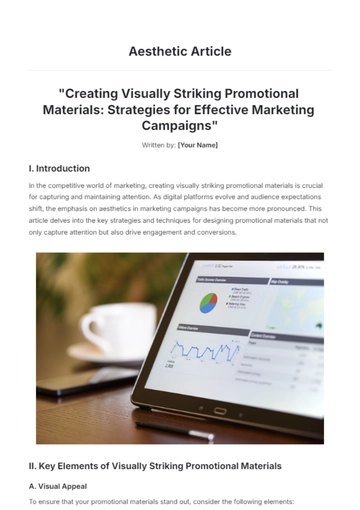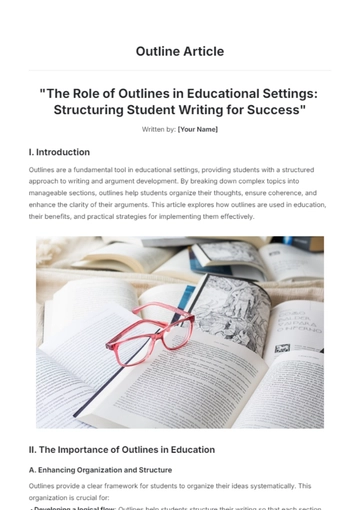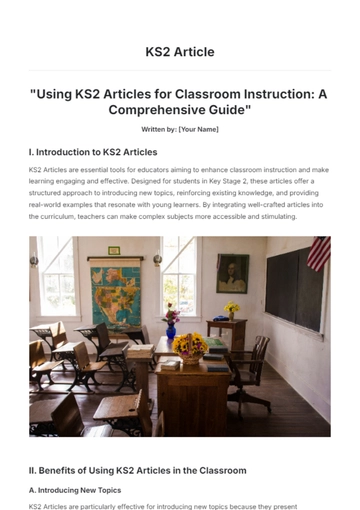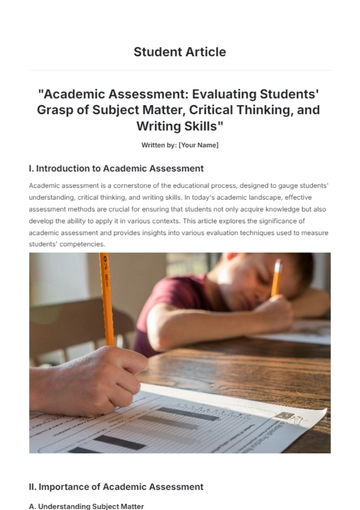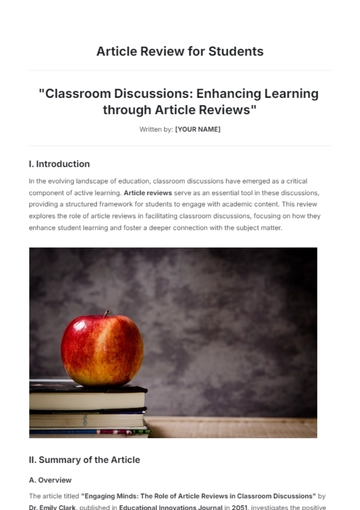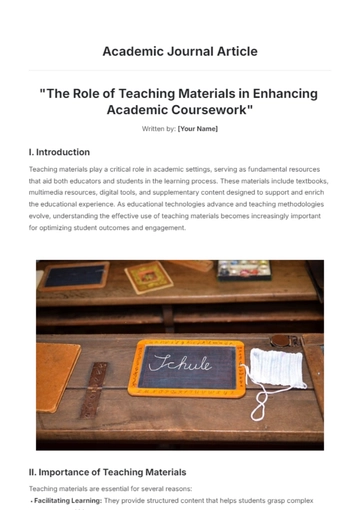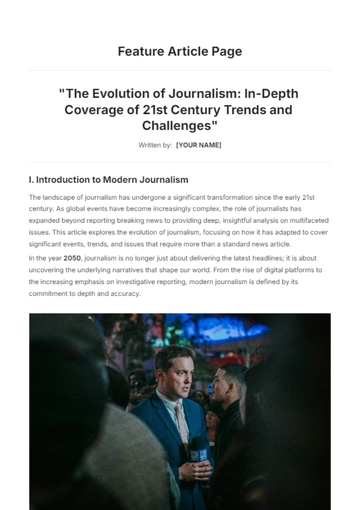Free Ethnographic Reflexivity
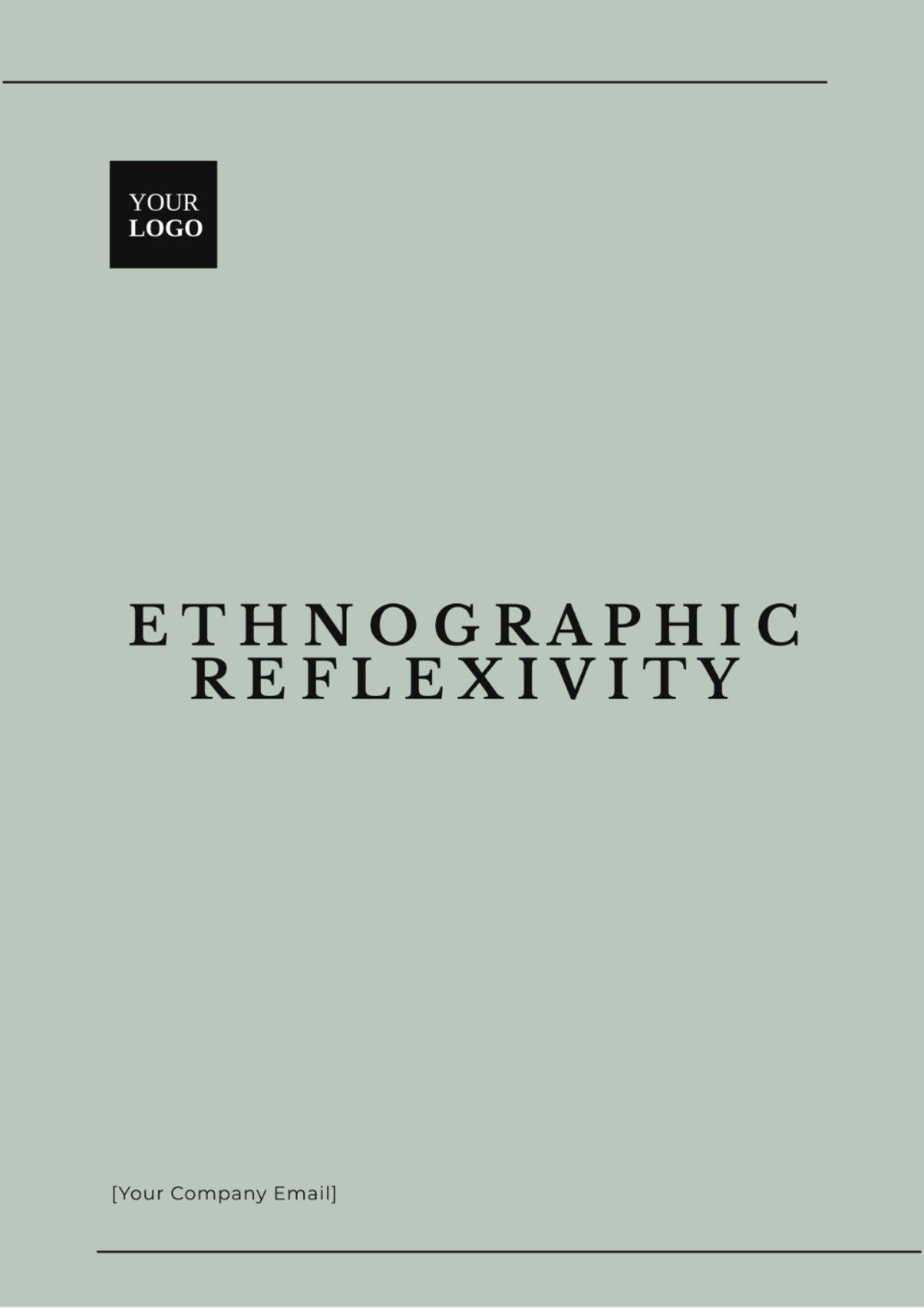
Prepared By: [YOUR NAME]
Date: [DATE]
I. Introduction
This reflexivity statement accompanies the ethnographic study conducted on an urban community. Reflexivity is essential in this context to acknowledge how my background and perspectives have influenced both the research process and the resulting findings. By exploring these influences, I aim to enhance the transparency and credibility of the research.
II. Personal Background
As a researcher with a sociology background and a suburban upbringing, several factors have influenced my approach to studying urban communities:
Educational Background: My training has mainly focused on middle-class populations, which might introduce biases when analyzing different socioeconomic contexts.
Research Experience: Previous work with middle-class communities has refined my analytical skills, but these may carry assumptions less applicable to urban settings.
Personal Background: Growing up in a suburban environment provides a different perspective on urban issues, affecting my expectations and interactions with community members.
Outsider Status: Being an outsider to the urban community impacts how I was perceived and how participants engaged with me, potentially influencing the research outcomes.
III. Positionality
My position as a researcher involved a complex relationship with the community under study. As someone from a different socioeconomic and cultural background, I had to navigate power dynamics carefully. My presence as a researcher might have altered the behavior of community members and influenced their responses during interviews and observations. Acknowledging this dynamic is crucial for understanding how it may have affected the data collected and the overall interpretation of the findings.
IV. Methodological Impact
The methods employed in this study, including participant observation and in-depth interviews, were shaped by my biases and assumptions:
Focus on Economic Challenges: My background in socioeconomic research influenced my initial focus on economic issues within the community. This emphasis may have led to a detailed exploration of economic factors while potentially overlooking other important aspects of community life.
Methodological Biases: The selection of methods and the framing of research questions were impacted by my pre-existing knowledge and assumptions. This could have skewed the data toward topics that align with my research interests rather than capturing a comprehensive view of the community.
Interaction Dynamics: My communication style and cultural norms played a role in how I engaged with community members. These factors could have affected participants’ responses and behaviors, influencing the data collected during interviews and observations.
Cultural Sensitivity: The cultural differences between myself and the community might have impacted the depth of understanding and interpretation of the responses, potentially affecting the research outcomes.
V. Ethical Considerations
Throughout the research, ethical considerations were paramount. I was mindful of how my presence might influence community dynamics and took steps to address these concerns:
Transparency: I made a concerted effort to be open about my role as a researcher, which helped build trust with participants and minimized potential biases introduced by my presence.
Respect for Participants: Maintaining respect for the perspectives and experiences of community members was a priority. This approach ensured that interactions were conducted with sensitivity and consideration.
Confidentiality: Protecting participants’ privacy was crucial. I implemented stringent measures to ensure that all personal information and responses were kept confidential.
Informed Consent: Obtaining informed consent from participants was a fundamental part of the study. I ensured that participants were fully aware of the research objectives and their role within it.
Ethical Reflection: Reflexivity played a key role in addressing ethical challenges. By reflecting on the impact of my presence and methods, I was able to adapt my approach to better meet the community’s needs and expectations.
VI. Conclusion
Reflecting on my role and the influence of my background in this ethnographic study has provided valuable insights into the research process. Acknowledging these factors has highlighted the importance of critical self-awareness in ethnography. This reflexivity enhances the credibility of the study by making explicit how my position and perspectives have shaped the research. By considering these influences, I aim to offer a more nuanced understanding of the community and contribute to more robust ethnographic research practices.
- 100% Customizable, free editor
- Access 1 Million+ Templates, photo’s & graphics
- Download or share as a template
- Click and replace photos, graphics, text, backgrounds
- Resize, crop, AI write & more
- Access advanced editor
Enhance your research with the Ethnographic Reflexivity Template from Template.net. This customizable and editable template helps you critically engage with your research process, ensuring reflexivity is integral to your ethnographic work. Editable in our Ai Editor Tool, this template offers flexibility to suit any study, allowing you to document and analyze your influence on the research in a structured way.
